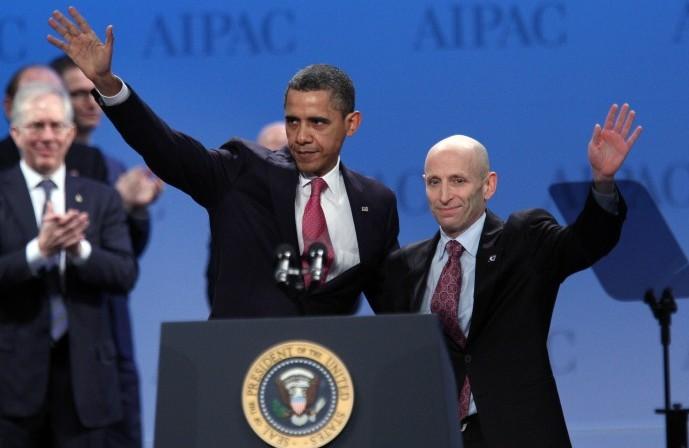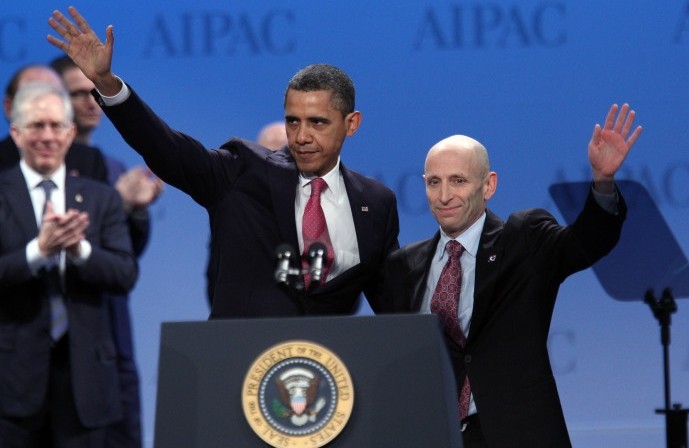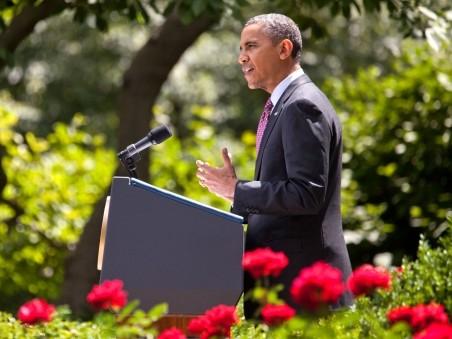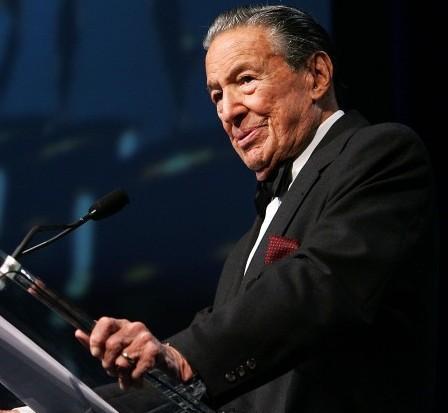A day before he was set to meet with Israeli Prime Minister Benjamin Netanyahu, President Obama addressed an estimated 13,000-member audience at the American Israel Public Affairs Committee’s (AIPAC) annual conference, where Iran and its nuclear ambitions were the primary focus of his remarks.
The president assured members of the audience that his administration would stand firmly behind Israel in any potential confrontation with Iran, emphasizing his belief that the alliance between the United States and Israel was built on the strong foundations of common interests and values.
“We are bound to Israel because of the interests that we share-in security for our communities, prosperity for our people, and new frontiers of science that can light the world. But it is our common ideals that provide the true foundation for our relationship,” President Obama said.
“That is why America’s commitment to Israel has endured under Democratic and Republican presidents, and congressional leaders of both parties. In the United States, our support for Israel is bipartisan, and that is how it should stay,” he concluded.
Obama reiterated his stance that “all elements of American power”–including military force–would be on the table to prevent Iran from obtaining a nuclear weapon, although he has repeatedly insisted that a military strike against Iran would do little more than merely delay the Iranian nuclear program.
At the same time, the president also made a plea for Israel and her supporters to give diplomacy and economic sanctions a chance and refrain from bellicose rhetoric.






